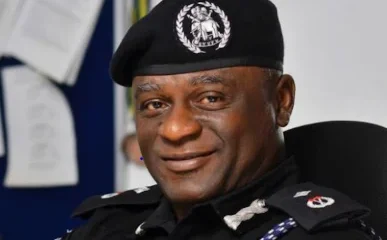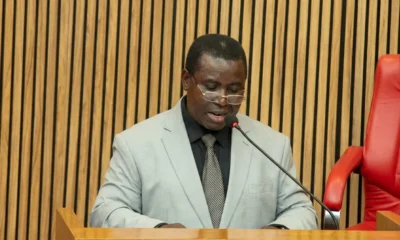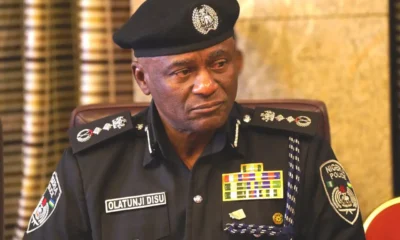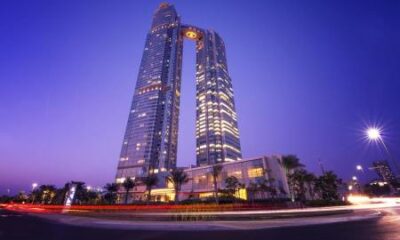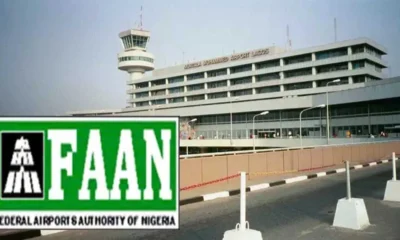Business
Indian brothers hunted at home, loved in Nigeria, seal $570m court settlement
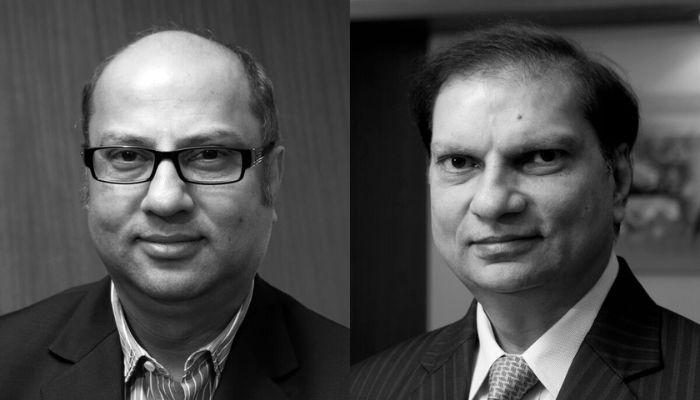
The ruling could open the way for economic offenders to strike similar settlements, leaving lenders struggling to recover their entire dues, Debopriyo Moulik, a Supreme Court lawyer in independent practice, told Reuters.
“This is very similar to the approach adopted in foreign countries where fines are an alternative to facing trial,” Moulik said.
For the industrialists, the decision marks the closest India has come to resolving a scandal that has stretched from Mumbai to Abuja and into the offshore oil fields of West Africa.
Yet the brothers’ fortunes have never been brighter.
Far from the Indian courts that have hounded them since 2017, the Sandesaras have built one of Nigeria’s largest independent oil producers, turning a once-minor set of onshore licenses into a sprawling African energy empire delivering tens of thousands of barrels of crude a day.
Their success in Africa, combined with Nigeria’s persistent refusal to extradite them, has long frustrated Indian authorities and underscored how geopolitical and commercial interests have shielded the pair from consequences at home.
Nigeria, Africa’s top crude producer, has embraced the Sandesaras even as India brands them fugitives responsible for what investigators call “one of the largest economic scams in the country.”
Their flagship companies, Sterling Oil Exploration & Production Co. and Sterling Global Oil Resources Ltd, pump roughly 50,000 barrels of crude daily, according to a 2023 Bloomberg report, operating under contracts with Nigerian National Petroleum Company (NNPC).
The brothers’ rise in Nigeria accelerated after they pivoted away from India in the mid-2010s. What began almost 20 years earlier with two modest onshore licenses in the Niger Delta matured into a vertically integrated drilling and crude-export business.
The Sandesaras transferred operations to Lagos, hired the former head of Nigeria’s petroleum regulator to oversee their expansion, and secured major state contracts that cemented their standing in the country’s energy sector.
Their companies now rank among Nigeria’s top oil exporters, and in 2019 the government said taxes and royalties paid by Sandesara-linked entities accounted for two percent of national revenue.
According to the Indian Times, their operations have also cleverly sidestepped the endemic sabotage of Nigeria’s pipeline network by shipping crude via barges to a floating offshore storage vessel. The approach has allowed them to keep exports steady even as peers disrupted by oil theft and militant activity scaled back.
Nigeria has also doubled down on the Sandesaras’ involvement in its future oil ambitions. Government officials last year announced the discovery of as many as one billion barrels of crude in the country’s arid North-East, part of a multi-billion-dollar hydrocarbons push that relies partly on drilling contractors connected to the brothers.
To New Delhi, the brothers are not pioneers but perpetrators of a sweeping financial fraud. Indian agencies allege the Sandesaras built their now-collapsed domestic conglomerate, Sterling Group, with the help of fabricated documents, inflated valuations, and an intricate network of shell structures designed to siphon overseas cash.
The brothers deny any wrongdoing and say they are victims of political persecution.
The Central Bureau of Investigation (CBI) claims the group owed more than 140 billion rupees ($1.7 billion) to state-owned lenders, including State Bank of India, Union Bank of India, and Bank of Baroda.
A 2019 charge sheet accused the family of channeling loan proceeds into offshore ventures, including their Nigerian oil operations.
The same banks later pursued the group abroad, winning two UK High Court rulings in 2018 and 2021 that ordered Sandesara-linked companies to repay nearly $60 million after defaulting on obligations related to the Sterling Oil business.
India also sought the brothers’ extradition from Nigeria. But in a blow to New Delhi’s efforts, Nigerian officials in 2018 refused to arrest them, saying India’s allegations “appeared to be political in nature,” according to correspondence published by the Organised Crime and Corruption Reporting Project and reviewed by Bloomberg.
The brothers subsequently applied for Nigerian citizenship, according to CBI filings. (BusinessDay)
-

 Metro19 hours ago
Metro19 hours ago‘I Was In The Wilderness For 42 Days After Paying N17Million Ransom’ – Ekiti Farm Manager Narrates Kidnap Ordeal
-

 News20 hours ago
News20 hours agoBanditry: Over 300,000 Displaced In Niger – Bago
-

 News20 hours ago
News20 hours agoNo attempt to poison Tinubu – Presidency
-

 News19 hours ago
News19 hours agoTinubu convenes Police Council today to confirm Disu
-

 Politics20 hours ago
Politics20 hours agoINEC Can’t Guarantee Perfect Election In 2027 – Amupitan
-

 News20 hours ago
News20 hours agoIran: IGP Orders Heightened Surveillance In North
-

 Business20 hours ago
Business20 hours agoAbu Dhabi directs hotels to extend guests’ stay over travel restrictions, says it’ll cover cost
-

 News20 hours ago
News20 hours agoChaos At Lagos, Abuja Airports As FAAN Begins Cashless Policy









